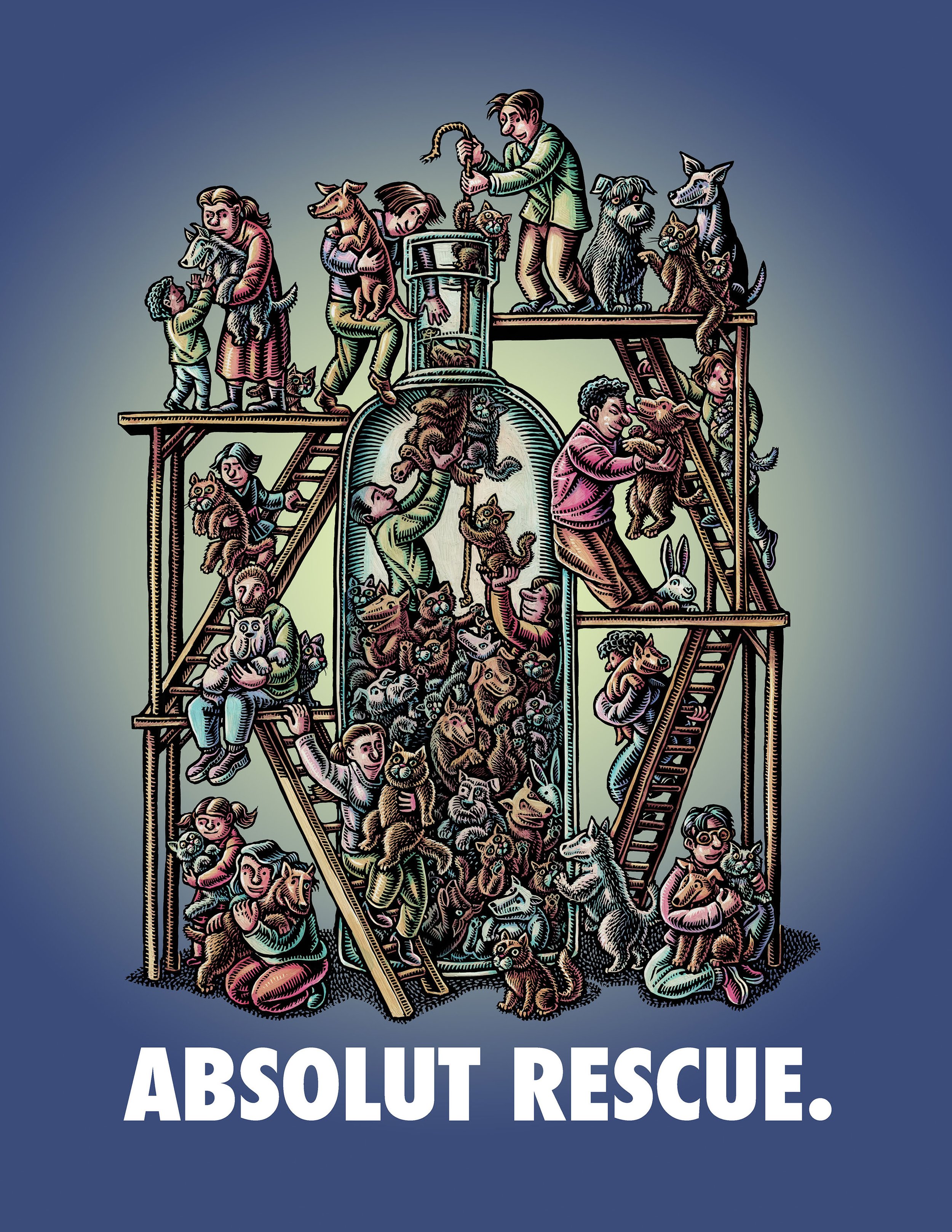Animals are not just creatures that inhabit our planet; they are an integral part of our ecosystem, our lives, and our hearts. The concept of "1 Love 4 Animals" is more than just a slogan—it represents a movement to embrace compassion, care, and responsibility toward all living beings. This article delves into the importance of animal welfare, the challenges faced by animals worldwide, and how each of us can contribute to creating a harmonious world for animals and humans alike.
In today's fast-paced world, where environmental issues and ethical concerns are increasingly at the forefront of global discussions, "1 Love 4 Animals" serves as a reminder of the critical role animals play in maintaining ecological balance. Whether it's wildlife conservation, pet care, or protecting endangered species, this movement emphasizes the need for collective action.
This article aims to provide a comprehensive understanding of "1 Love 4 Animals," covering various aspects such as the importance of animal welfare, practical steps individuals can take, and the impact of human activities on animals. By the end of this article, you'll be equipped with the knowledge and inspiration to make a difference in the lives of animals.
Read also:Xxmx
Table of Contents
- The Importance of "1 Love 4 Animals"
- Global Challenges Facing Animals
- The Role of Biological Diversity in Animal Welfare
- Practical Steps to Support "1 Love 4 Animals"
- Protecting Endangered Species
- Wildlife Conservation Efforts
- Responsible Pet Care and Ownership
- Promoting Ethical Tourism for Animals
- Understanding the Human Impact on Animal Life
- Community Action and Awareness
The Importance of "1 Love 4 Animals"
The phrase "1 Love 4 Animals" encapsulates the essence of compassion and responsibility. It highlights the interconnectedness of all living beings and the need for humans to act as stewards of the planet. Animals contribute significantly to ecosystems, providing balance and sustainability. From pollinators like bees to apex predators such as lions, every species plays a vital role in maintaining the delicate web of life.
Why Animal Welfare Matters
Animal welfare is not just about protecting animals from cruelty; it's about ensuring their well-being and respecting their intrinsic value. According to the World Health Organization (WHO), animal welfare is directly linked to public health, as zoonotic diseases often arise from poor animal conditions. Therefore, promoting animal welfare is not only ethical but also essential for human health and safety.
Global Challenges Facing Animals
Animals worldwide face numerous challenges, many of which are caused by human activities. Habitat destruction, climate change, pollution, and illegal wildlife trade are among the most pressing issues. These problems threaten the survival of countless species, making it imperative for individuals and governments to take action.
Key Challenges
- Habitat loss due to deforestation and urbanization
- Rising temperatures and extreme weather events caused by climate change
- Plastic pollution in oceans and waterways
- Illegal poaching and trafficking of endangered species
The Role of Biological Diversity in Animal Welfare
Biodiversity is the variety of life on Earth, encompassing all species, ecosystems, and genetic diversity. It is crucial for maintaining healthy ecosystems and ensuring the survival of animals. The loss of biodiversity can lead to cascading effects, disrupting food chains and destabilizing ecosystems. Protecting biodiversity is a key component of "1 Love 4 Animals," as it ensures the long-term survival of all species.
Conservation of Biodiversity
Efforts to conserve biodiversity involve creating protected areas, implementing sustainable practices, and promoting awareness. Organizations such as the World Wildlife Fund (WWF) and the International Union for Conservation of Nature (IUCN) play a vital role in these initiatives. By supporting these organizations, individuals can contribute to the preservation of biodiversity.
Practical Steps to Support "1 Love 4 Animals"
Supporting "1 Love 4 Animals" doesn't require grand gestures; small actions can make a significant difference. Here are some practical steps you can take:
Read also:Giyuu S Punishment
Everyday Actions
- Adopt a pet from a shelter instead of buying from breeders
- Reduce plastic use to protect marine life
- Support wildlife conservation organizations through donations or volunteering
- Practice responsible tourism by avoiding activities that exploit animals
Protecting Endangered Species
Endangered species face a high risk of extinction due to various threats, including habitat loss and human activities. Protecting these species is crucial for maintaining biodiversity and ecological balance. Governments and organizations worldwide are implementing measures to safeguard endangered species, such as the creation of wildlife reserves and the enforcement of anti-poaching laws.
Success Stories
There are numerous success stories in the field of endangered species protection. For example, the giant panda, once on the brink of extinction, has seen a significant population recovery due to conservation efforts. These successes demonstrate that with dedication and cooperation, it is possible to reverse the decline of endangered species.
Wildlife Conservation Efforts
Wildlife conservation involves protecting wild animals and their habitats. It encompasses a range of activities, from scientific research to community-based initiatives. Effective conservation requires collaboration between governments, organizations, and local communities to address the root causes of wildlife decline.
Technological Innovations
Advancements in technology are playing a crucial role in wildlife conservation. Tools such as drones, GPS tracking, and camera traps are being used to monitor animal populations and combat poaching. These innovations enable conservationists to gather data more efficiently and implement targeted interventions.
Responsible Pet Care and Ownership
For many people, pets are an integral part of their families. Responsible pet care involves providing proper nutrition, healthcare, and socialization. It also means considering the long-term commitment of pet ownership and ensuring that animals are not abandoned or mistreated.
Tips for Responsible Pet Ownership
- Choose a pet that suits your lifestyle and living conditions
- Ensure regular veterinary check-ups and vaccinations
- Provide a balanced diet and regular exercise
- Spay or neuter your pets to prevent overpopulation
Promoting Ethical Tourism for Animals
Tourism involving animals can have both positive and negative impacts. While some activities, such as wildlife safaris, can support conservation efforts, others, like elephant rides or animal shows, exploit animals for profit. Promoting ethical tourism involves choosing activities that prioritize animal welfare and contribute to conservation.
How to Be an Ethical Tourist
- Research attractions before visiting to ensure they prioritize animal welfare
- Avoid activities that involve direct contact with wild animals
- Support organizations that work to protect animals and their habitats
Understanding the Human Impact on Animal Life
Human activities have a profound impact on animal life, both positive and negative. Industrialization, agriculture, and urbanization have led to habitat destruction and pollution, while conservation efforts and sustainable practices offer hope for the future. Understanding these impacts is essential for developing effective strategies to protect animals.
Reducing Human Impact
Reducing the negative impact of human activities on animals involves adopting sustainable practices, such as reducing waste, conserving energy, and supporting eco-friendly products. By making conscious choices, individuals can contribute to a more harmonious coexistence with animals.
Community Action and Awareness
Community involvement is crucial for the success of "1 Love 4 Animals." Raising awareness about animal welfare issues and encouraging community participation can lead to significant positive change. Educational programs, community events, and advocacy campaigns can inspire people to take action and make a difference.
Building a Compassionate Community
Building a compassionate community involves fostering empathy and understanding toward animals. By promoting education and awareness, communities can create an environment where animals are respected and valued. This, in turn, leads to a more sustainable and harmonious world for all living beings.
Conclusion
"1 Love 4 Animals" represents a global movement to protect and care for the animals that share our planet. By understanding the challenges facing animals and taking practical steps to address these issues, we can create a brighter future for all species. This article has explored the importance of animal welfare, the global challenges animals face, and the actions individuals and communities can take to make a difference.
We invite you to join the "1 Love 4 Animals" movement by sharing this article, leaving a comment with your thoughts, or exploring other articles on our website. Together, we can build a world where compassion and responsibility toward animals are the norm, ensuring a sustainable future for generations to come.


